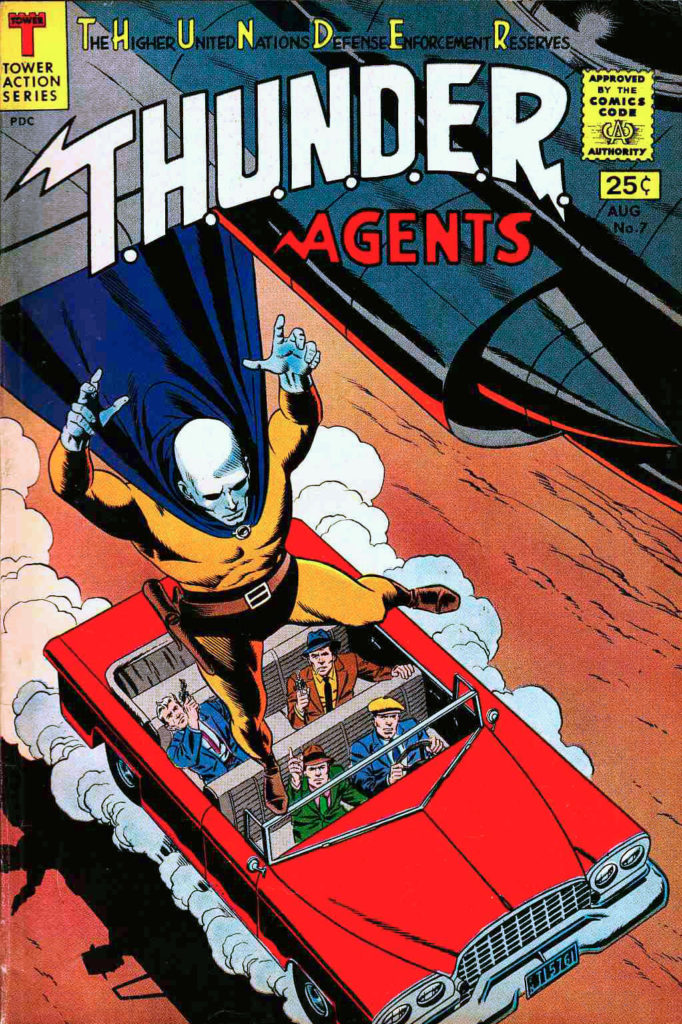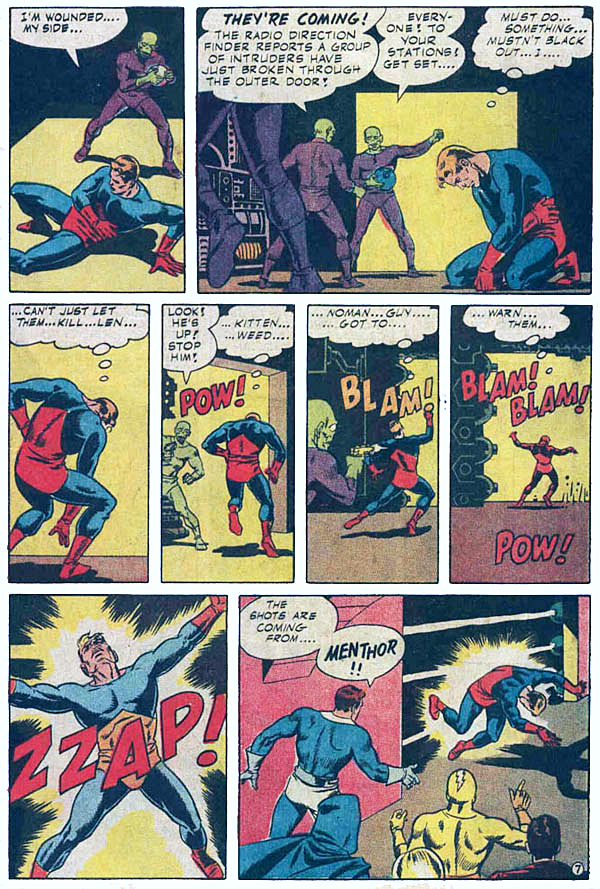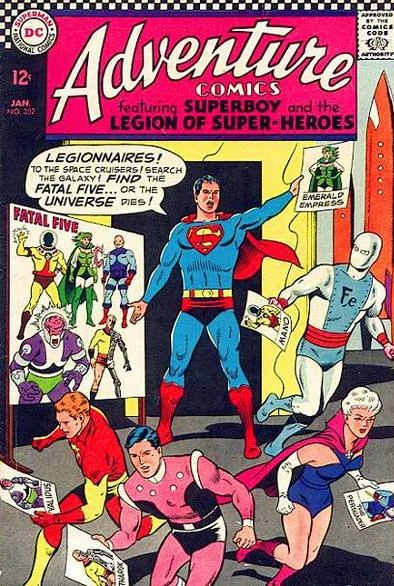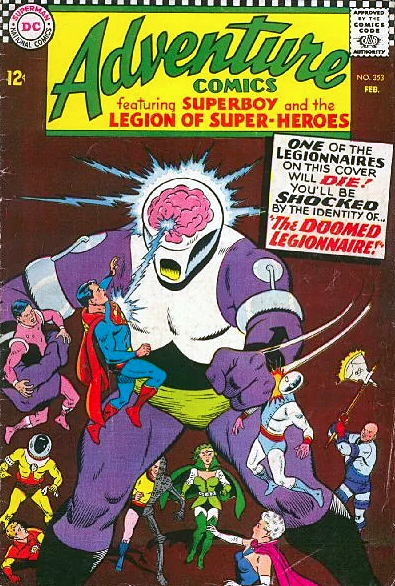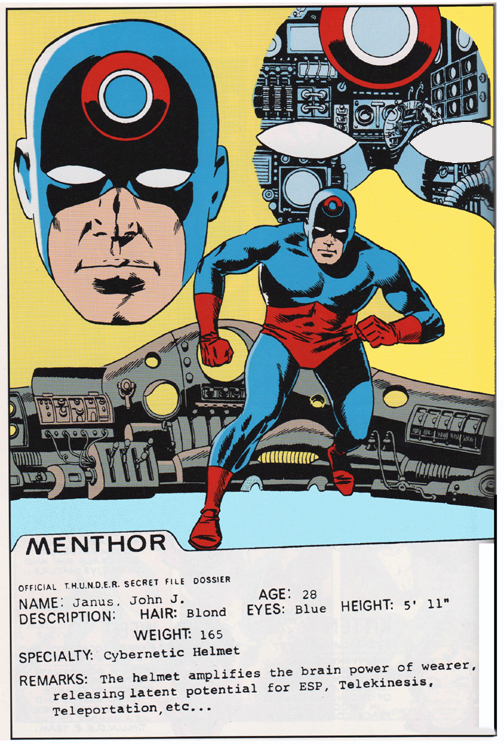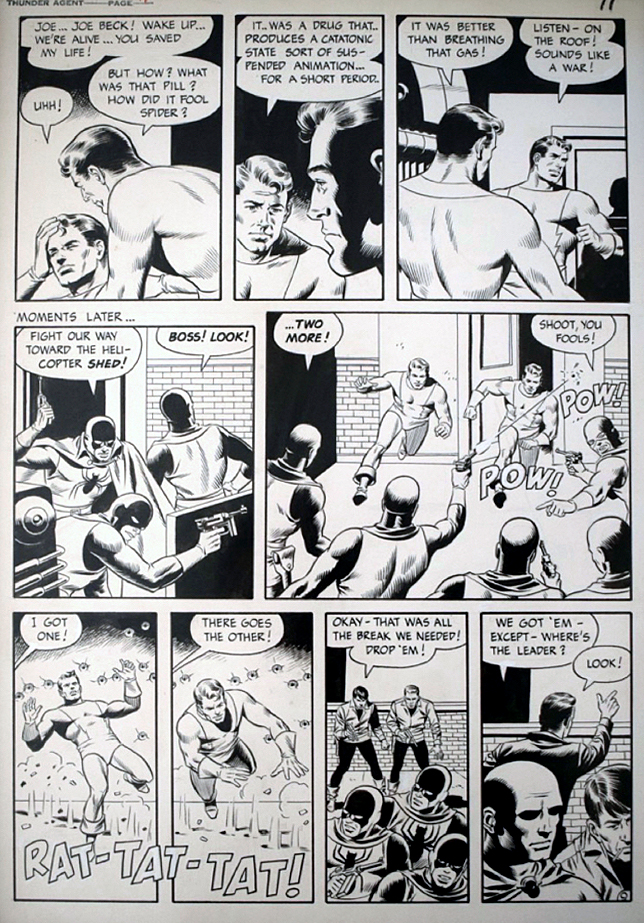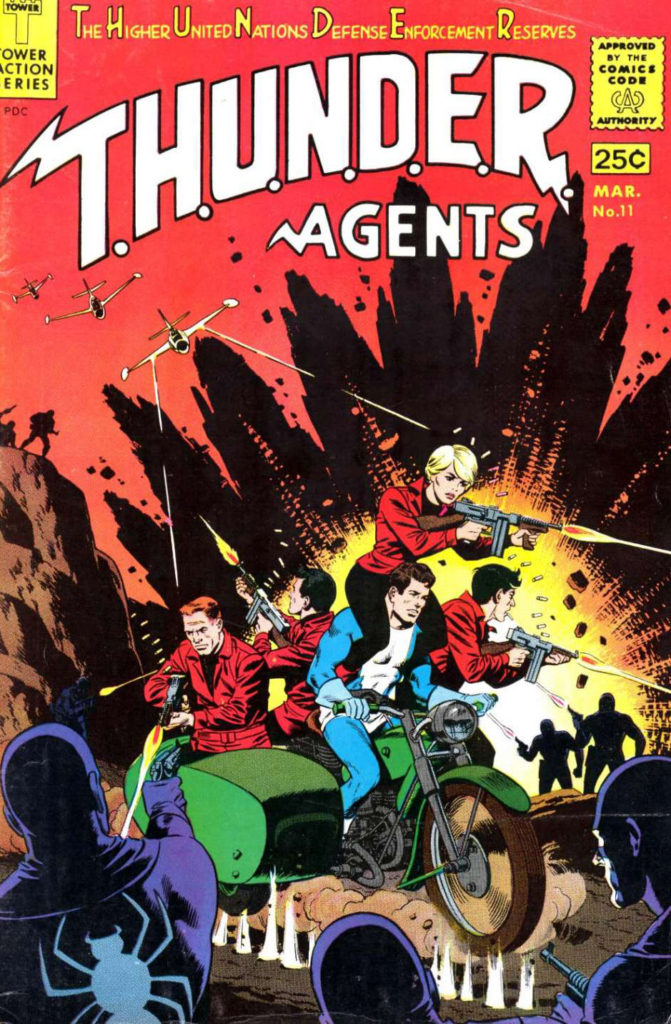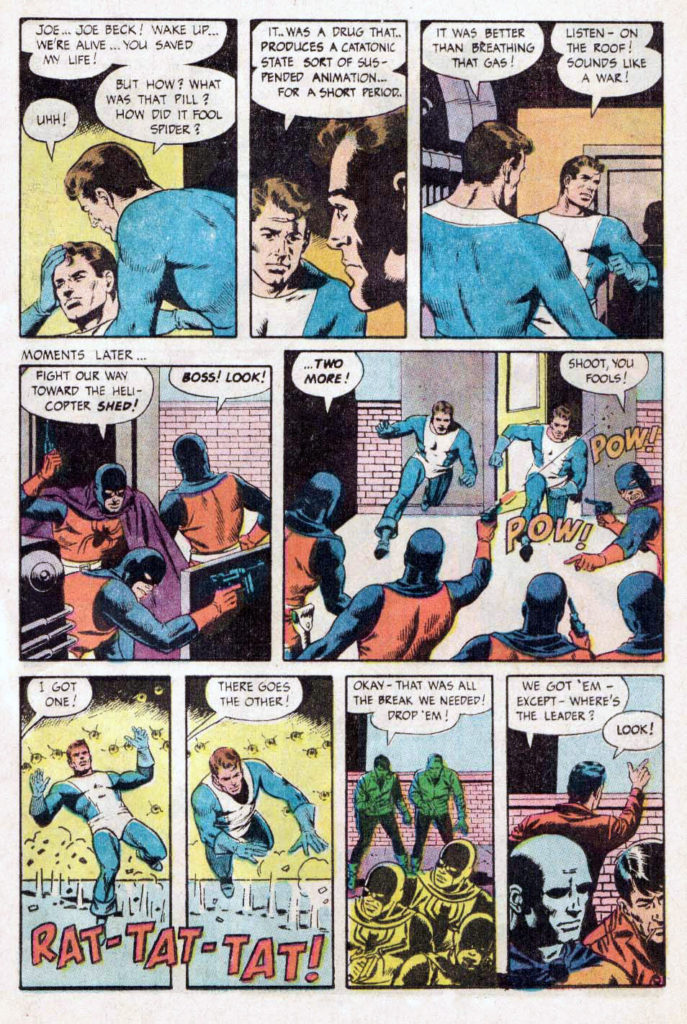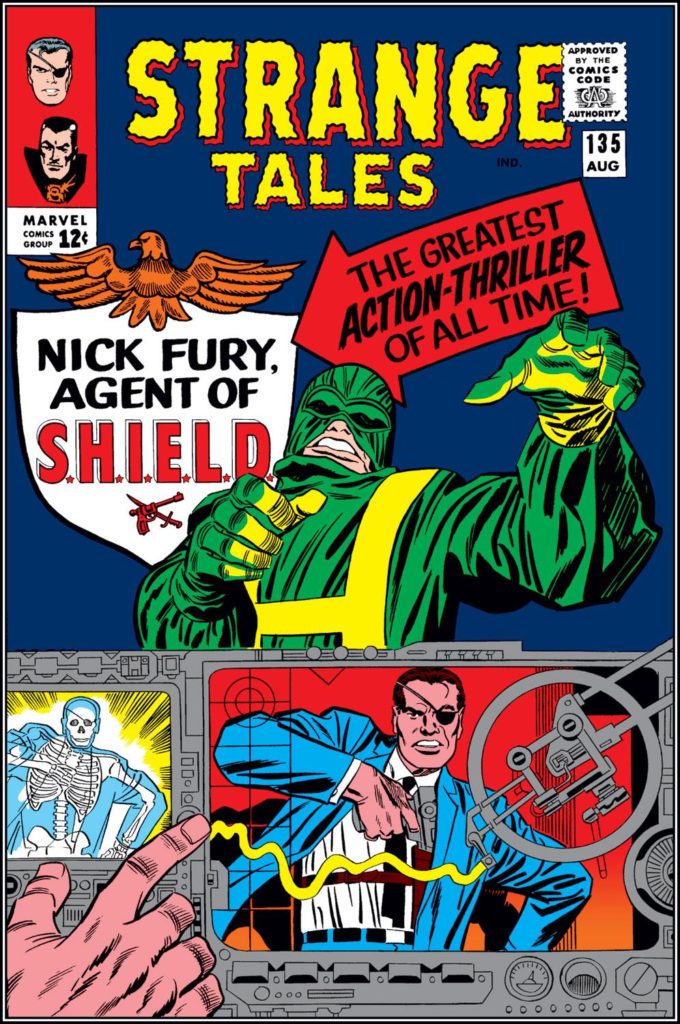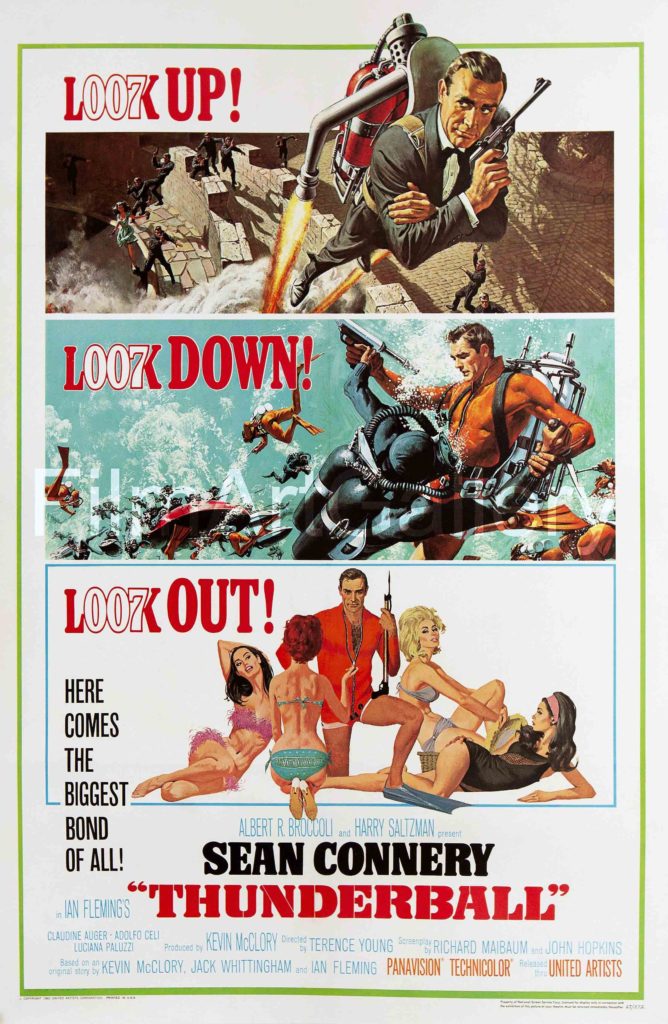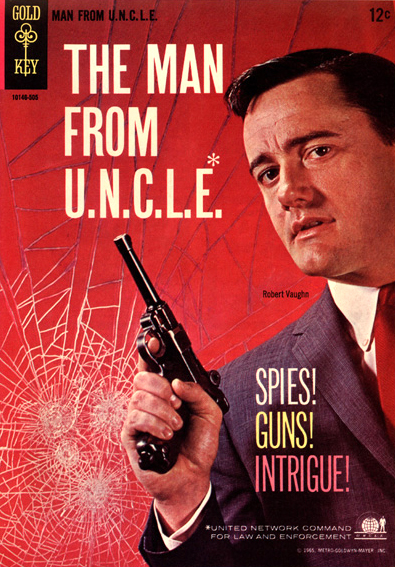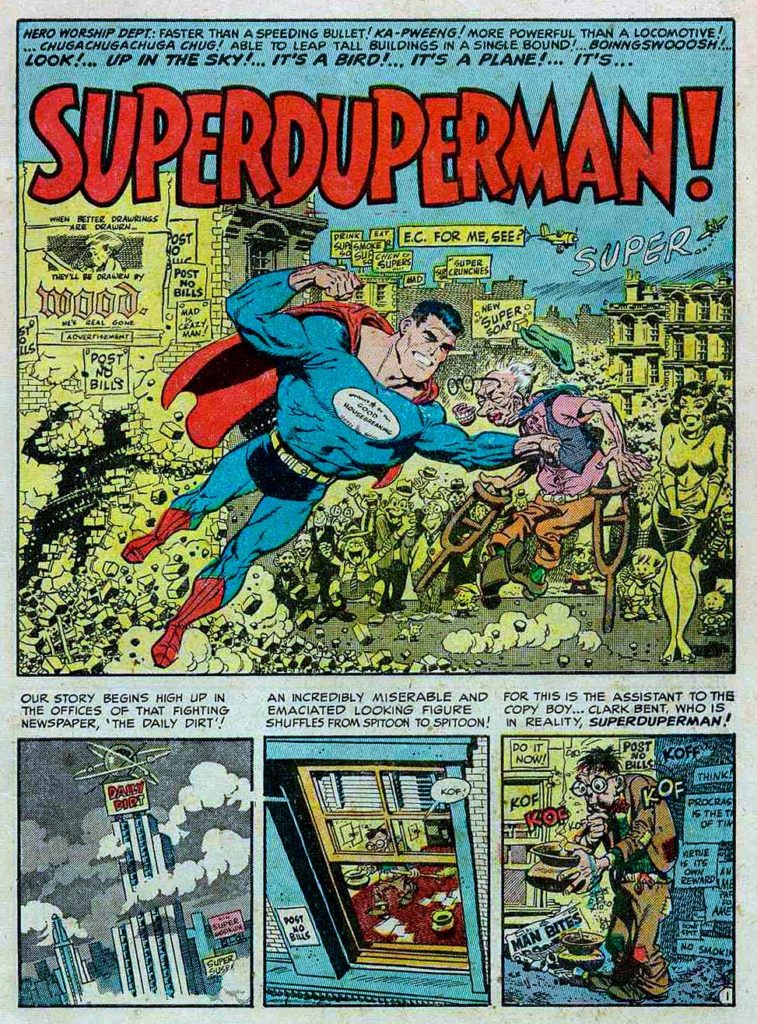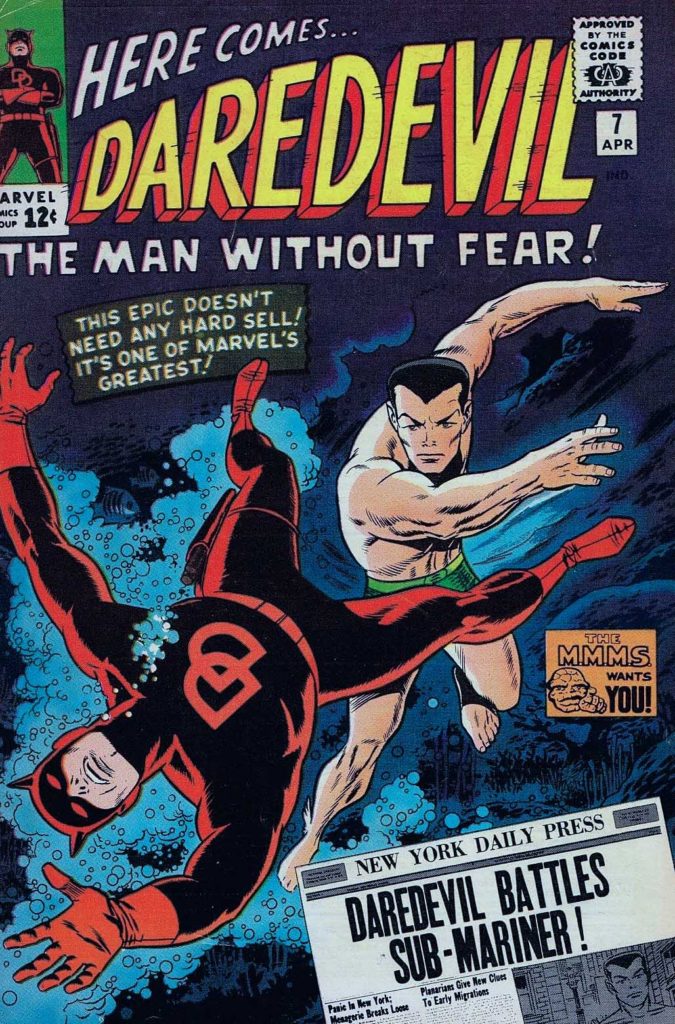Steve Ditko and Wallace Wood — Time Of Death
T.H.U.N.D.E.R Agents #7, August 1966

Death in superhero comic books had always been a gimmick. “Robin Dies at Dawn” likely meant he would be back by dinnertime. (In fairness, it’s a pretty good story.)
Imaginary stories, hoaxes, dreams, mad science, robots, time travel, alien resurrection, etc. all kept our featured players in good health. There was not much chance a title character was going to exit from his book permanently.
So back in the 60s, legitimately killing a character was in fact, a groundbreaking novelty. And this T.H.U.N.D.E.R Agents story is one of the first. Ditko, Wood and company had spent 6 issues developing the character of Menthor (John Janus), and they shot him to death on this page in Issue #7.
This historic page captures that collaborative methodology of Woody and the Tower artistic team on T.H.U.N.D.E.R Agents. Dan Adkins scripted and provided layouts, Ditko penciled the story, and Wood inked it, with assists by Adkins.
The original T.H.U.N.D.E.R Agents lasted only last 20 issues, and perhaps, had it survived, John would have been resurrected at some point. But it certainly did not appear that way.
Unlike, say, modern times where killing a lead character is a gimmick once again.
Superman. Dead. Then alive.
Batman. Dead? Nope, he’s back.
Captain America? Reborn. Bucky? Not dead, just hiding in Russia for a few decades.
Etc.

